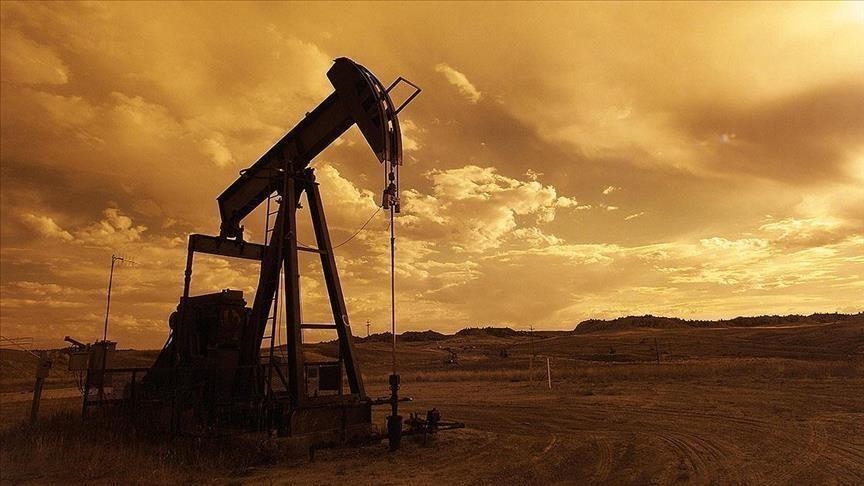ANKARA
Oil prices saw minor increases on Tuesday amid supply uncertainties after the Organization of the Petroleum Exporting Countries (OPEC) and its allies, or OPEC+, decided to reduce production, along with heightened demand fears in the world’s largest oil consumers, the US and China, and tension in the Middle East.
International benchmark crude Brent traded at $78.22 per barrel at 10.50 a.m. local time (0750 GMT), a 0.24% increase from the closing price of $78.03 a barrel in the previous trading session on Monday.
The American benchmark, West Texas Intermediate (WTI), traded at the same time at $73.23 per barrel, up 0.26% from Monday’s close of $73.04 per barrel.
During the 36th OPEC and non-OPEC ministerial meeting held on Thursday, OPEC+ producers endorsed their previous output cut decisions that they agreed to extend until the end of next year.
Soon after the meeting, several members of the group introduced some individual voluntary cuts, most of which were extensions of current output cuts. However, rather than meet expectations, these cuts caused market supply uncertainties.
Concerns about an estimated demand weakness in the world’s largest oil consumers, the US and China, supported downward price movements.
US factory orders plummeted 3.6% in October, showing worse performance than market estimates, according to Commerce Department figures released Monday. US data releases continue to convey mixed messages regarding the course of the economy.
Data released on Monday on the Caixin services purchasing managers index reports a climb to 51.5 in November from 50.4 in October. However, experts say that significant adjustments in government policy are necessary to boost economic activity, given that concerns remain about China’s economy.
The Israeli-Palestinian conflict still poses a supply risk and is impacting oil prices.
The conflict has not affected the physical oil supply at this point; however, upward price movements are nonetheless supported by concerns about its potential to escalate and spread throughout the region.
At least 15,899 Palestinians have been killed and more than 42,000 others injured in Israel’s relentless air and ground attacks on the enclave.
Further raising supply concerns on oil transmission in the Middle East, the White House said Monday, following attacks on a series of commercial ships in the Red Sea, that Iran is the “ultimate party responsible.”

